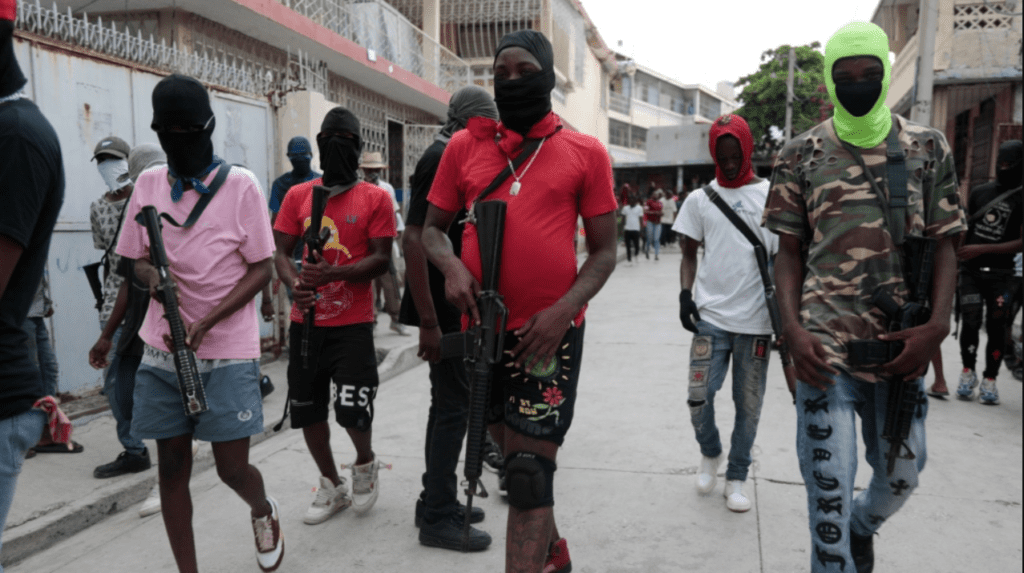According to international organizations, nearly half of Haiti’s population is grappling with food insecurity amidst the escalating gang violence plaguing the nation.
This dire situation, exacerbated by inflation and poor harvests, marks the worst levels of hunger ever recorded in Haiti.
Jean-Martin Bauer, the Haiti director of the World Food Programme, emphasized the urgency of the situation, stating, “Rising hunger is fueling the security crisis that is shattering the country.
We need urgent action now – waiting to respond at scale is not an option.”
The Integrated Food Security Phase Classification (IPC) reported that approximately 4.97 million people out of Haiti’s 11.5 million population are experiencing crisis or worse levels of food insecurity.
Eight areas, including the Artibonite Valley and parts of the capital like Cite Soleil district, are now in an emergency phase, just one step away from famine.
The surge in gang violence, which has seen attacks on police stations and the international airport, has resulted in thousands of deaths and the displacement of hundreds of thousands of people.
Prime Minister Ariel Henry’s efforts to address the crisis have been hampered by his inability to return to the country after discussions regarding the deployment of an international security force in Kenya.
The World Food Programme highlighted that armed groups seizing farmlands and stealing crops have pushed many Haitians into desperate situations, with limited access to humanitarian aid exacerbating the crisis.
Only a small fraction of the population has received assistance, and funding for relief operations remains insufficient.
The deteriorating situation has forced over 30,000 people to flee violence and shortages in the capital within just two weeks, adding to the already significant number of internally displaced persons.
Meanwhile, the neighboring Dominican Republic’s reluctance to participate in aid efforts further complicates the situation.
Laurent Uwumuremyi, leading Mercy Corps’ operations in Haiti, painted a grim picture of the capital, with gangs controlling most areas, essential services disrupted, and hospitals on the verge of collapse.
Even once-safe neighborhoods like Petion-Ville are now barricaded, indicating the widespread impact of the crisis.
Without immediate and concerted efforts to address both the security and humanitarian aspects of the crisis, Port-au-Prince faces the imminent risk of being overwhelmed by the escalating violence and hunger plaguing the nation.
DJ, His Driver And Three Policemen Arrested For Fatal Assault Of Cop In Nairobi

